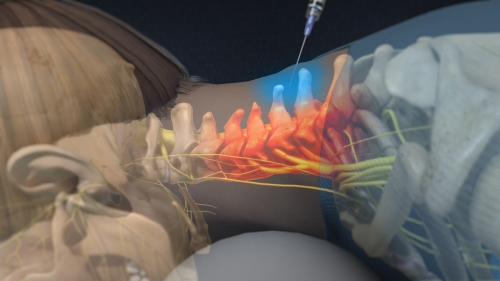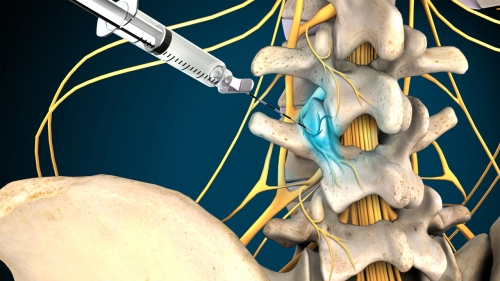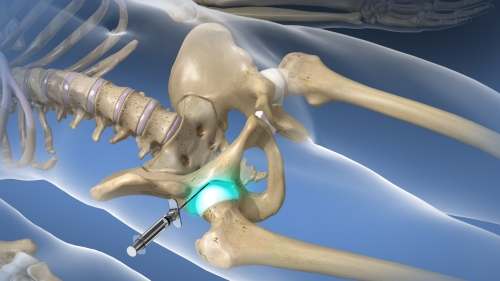At Atlas Pain and Spine, we recognize that “one size does not fit all.” Each person is unique, that’s why we work with our patients to develop individualized treatment plans that fit their lives and goals.
Conditions We Treat
Neck and Back Pain
Diabetic Peripheral Neuropathy and Neuropathic Pain
Arm, Leg, Muscle or Soft Tissue Pain
Spinal Stenosis
Cervical or Lumbar Radiculopathy
Arthritis Pain
Fibromyalgia
Degenerative Disc Disease or Bulging Discs
Joint or Bursitis Pain
Recurrent or Chronic Pain after Back Surgery
Complex Regional Pain Syndrome (CRPS or RSD)
Chronic Post-Operative Pain
Migraine and Occipital Neuralgia
Sports Injury Pain
Headache and Facial Pain
Our Treatments
Joint and Bursa Injections
Including sacroiliac, hips, knees, shoulders and more
Cervical, Thoracic and Lumbar Facet Injections
To treat chronic spinal pain usually worsened by activity or certain movements and postures
Spinal Cord Stimulation
To treat chronic pain in the back, leg, and upper extremities, as well as neuropathy related pain and diabetic neuropathic pain
Nerve Pain Injections
Including femoral, scalene axillary and other nerves
Epidural Injections
Including cervical, thoracic lumbar and caudal approaches
Botox and Occipital Nerve Block
To help with chronic tension headaches and migraines
Medial Branch Injections
To treat chronic spinal pain usually worsened by activity or certain movements and postures
Radiofrequency Ablations
To provide long lasting relief for chronic neck, mid and low back pain as well as hip and knee pain
Sympatheic Nervous System Blocks
To treat chronic abdominal, tailbone, and CRPS (Complex Regional Pain Syndrome) associated conditions
Soft Tissue and Intra-Muscular Injections
To treat significant and chronic or recurring pains in the limbs, muscles of the back or neck, and other areas
Featured Treatments and Therapies
Epidural Steroid Injections
Atlas Pain and Spine uses Epidural Steroid Injections to help relieve neck, back and radiating pain in the arms and legs. This type of therapy may include cervical, lumbar, caudal or transforaminal steroid injections. These are used when you have failed more conservative treatments. The steroids help reduce inflammation and irritation caused by bulging discs, spinal stenosis (narrowing spinal canal), and foraminal stenosis (narrowing around the spinal nerve roots). Sometimes patients respond to just one injection, but sometimes repeat injections (several weeks or months apart) are needed.
Medial Branch Block and Radiofrequency Ablation (RFA)
Medial Branch Blocks and Radiofrequency Ablation (RFA) are used to map out and stop pain-generating or pain-transmitting nerves. This is often done for patients with significant low back or neck pain, but can be used on joints as well. A small amount of numbing medication is placed very precisely on the small nerves transmitting pain. If you undergo a medial branch block, it may provide significant relief for sometimes a few hours or days (short term significant relief is still a great sign, as it means the pain-transmitting nerves have been located). If this happens, you will be a candidate for Radiofrequency Ablation, which can provide 6-12 months of relief or sometimes longer. Radiofrequency Ablation is a short procedure that creates a very localized warm area encompassing the nerve, causing it to shut off. It will generally take 6-12 months to regenerate, and during that time you should experience significant relief.
Joint Injections
Joint injections can help relieve joint and arthritis related pain when conservative measures have failed. Generally, the injection is carried out with x-ray guidance to ensure the medication gets inside the joint where it will have the best effect. Local anesthetic and steroids are injected, which help to provide almost immediate pain relief (from the numbing local anesthetic) and longer-term pain relief (from the anti-inflammatory effects of the steroid).
Spinal Cord Stimulation (SCS)
Atlas Pain and Spine uses SCS for chronic pain conditions that significantly affect your life. Chronic pain of the legs, arms, hands or feet, as well as neck and low back pain, can be treated effectively with this therapy. Patients that have failed conservative approaches, injections or even spine surgery can be candidates for this treatment. The therapy, pioneered several decades ago, uses small electrical impulses to block, override or replace the pain sensations before they reach your brain. This is different from other therapies because you can do a trial before any permanent surgery to assess whether this can be effective for your pain. First, leads (wires with smooth coating and several electrical contacts) will be placed with a needle in the spinal canal on a temporary basis. You will go home and live your best life for a few days, trying several different programs for pain relief. After a few days, you will return to the office where the wires are easily removed in the clinic. If you found that you experienced a higher quality of life and want to use the therapy long term, we will setup a day to have a small battery and the leads implanted under the skin as an outpatient surgery. The battery for this can last several years or longer, depending on programming and the specific battery used.
Pain Management with Medications
Our goal is to avoid the use of opioid medications whenever possible. There are some things to take into account when deciding to use these medications:
There are several classes of medications that can help with different types of pain, including: NSAIDs, anti-convulsants, muscle relaxants, opioids, anti-depressants, as well as other novel drugs being developed currently.
There is research linking chronic opioid use with a weakened immune system, increased risk of weight gain, and dysfunction of some sex hormones. Some studies link opioid use to an overall increase in pain symptoms compared to patients with similar issues who are not on pain medication, or who have been weaned off of their pain medication.
There are no high-quality studies that show long-term opioid use, by itself, can work to decrease overall pain.
Opioid abuse is widespread in the Commonwealth. Most families in Kentucky know or have been affected by someone with an addiction problem.
However, opioid medications used appropriately in multi-modality treatments that include non-opioid medications, physical therapy, mental health optimization as well as interventional and surgical options, can increase a patient’s quality of life. We strive to make sure you are given a comprehensive evaluation and treatment plan so that we can identify therapeutic options that don’t carry the risks of opioids.




